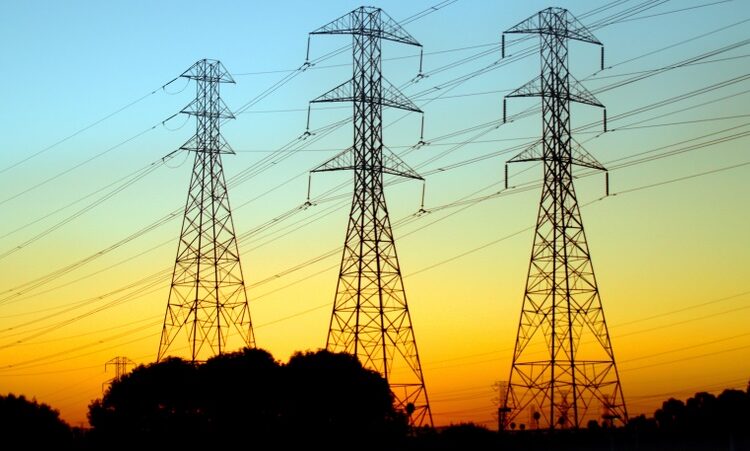Convolutions of Nigeria’s electricity industry policy are yet to settle as industry experts have suggested a total review of the sector’s performance and revisit of the privatisation programme.
After ratification and adoption of a roadmap for the Nigerian Electricity Supply Industry (NESI) with approval of the National Integrated Electricity Policy (NIEP) by the federal government, a haul of dissenting opinions emerged calling for review of the policy.
LEADERSHIP gathered that industry representatives and operators have rejected key provisions of the policy as they contained certain conditions by consultants engaged by the federal government to develop the document.
Although some of the provisions being contested were not revealed, opinion leaders in the industry said attention of the Power Minister has been drawn to those inhibiting factors that could further put the industry into jeopardy.
The Policy which had been ready since December 2024 and submitted to President Bola Ahmed Tinubu was ratified on Monday at the weekly Federal Executive Council (FEC) meeting.
Speaking with our correspondent on the outcome of the adoption, the President of the Nigerian Consumer Protection Network, Kunle Kola Olubiyo, said that some flaws have been identified in the policy and it has become imperative for the minister to address a stakeholders forum where those concerns should be critically examined and analyzed.
Olubiyo, complained that Nigeria’s power sector has long been plagued by inefficiencies, poor electrification rates, as well as chronic power outages and shortages.
He said, currently, access to stable and reliable electricity remains a major constraint to industrial growth and economic development.
On his part, the convener and executive director of PowerUp Nigeria, a Power Consumer Advocacy Group, Adetayo Adegbemle, raised the concern that though the President has signed off on the National Integrated Energy Policy, there’s not much enthusiasm about it.
In his opinion, “This is because nobody can confidently say it addresses our present challenges, nor does it give us future direction for the power sector.
While much was said about increase in power generation, there’s a skewed focus on Renewable as the main source of energy.
“We can all see what’s happening in Germany with Factories shutting down everyday.”
The Policy plan also targeted raising an estimated $122 million by 2040, however, nothing is said on how this finance will be raised, or how it will contribute to the national GDP, he said.
Adegbemle noted that there are other issues like the proposed upgrading of NBET to an Exchange, but stressed that however, this does not go with the Electricity Act that breaks down TCN to establish an Independent System Operator
“There are other issues that the NIEP plan does not address, or failed in resolving
“There’s much work to be done, especially as to how Nigeria will be energy self-sufficient and boost the industrial revolution that is needed by the country,” he added.
Our correspondent reports that based on data from Nigerian Electricity Regulatory Commission (NERC), Nigeria’s installed power generation capacity is currently about 13,625 MW but the operational output was only reported to be 5,339MW recently. Thus, the power sector continues to lag behind in meeting the nation’s energy demands.
We’ve got the edge. Get real-time reports, breaking scoops, and exclusive angles delivered straight to your phone. Don’t settle for stale news. Join LEADERSHIP NEWS on WhatsApp for 24/7 updates →
Join Our WhatsApp Channel










